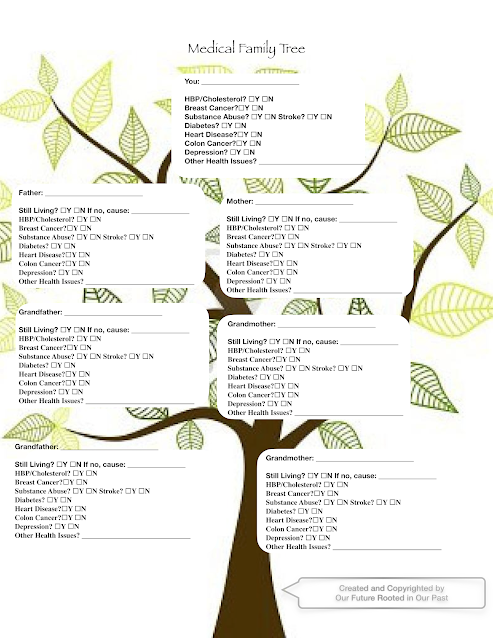In the United States, the fourth Thursday of November is celebrated as Thanksgiving, gathering loved ones, family, and friends to share a meal reflecting upon the past year's events and the challenges and blessings received. Expressing gratitude has become a topic of scholarly study, and they have found that gratitude can improve physical and psychological health, decrease aggression, and enhance empathy, increase mental strength. One may wonder where the tradition began. Most children learn it started with the pilgrims; however, it didn't become a National Holiday until 1863, when President Lincoln made a proclamation commending the citizens of the war-torn nation for asking God to care for all those who were widows, orphans and heal the nation's wounds from the civil war. Thanksgiving was celebrated on the final Thursday in November until 1939, when President Franklin D Roosevelt moved the holiday up a week to assist with sales during the Great depression. The movement of the date by President Roosevelt met significant opposition, and two years later, in 1941, a bill was signed making Thanksgiving the fourth Thursday in November.
Thanksgiving is a time for family gatherings and an excellent opportunity to gather family stories, pictures, traditions, and other information. You may want to interview the older people asking about stories from their lives and the lives of their parents, aunts, uncles, and cousins in your gathering.
You may want to consider creating a medical family history. Your first thought may be, why? Why would I need to create a Medical Family tree? How does this help my ancestor? The simple answer is it really doesn't help your ancestors, but it can help you, your children, grandchildren, and descendants. FamilySearch has a helpful article regarding Family Health History you can access here.
I created a Medical Family Tree you can use for ideas of questions you may want to record. If you are interested in receiving a downloadable file, please feel free to reach out to me through the Contact me page, and I will send it to you directly.






